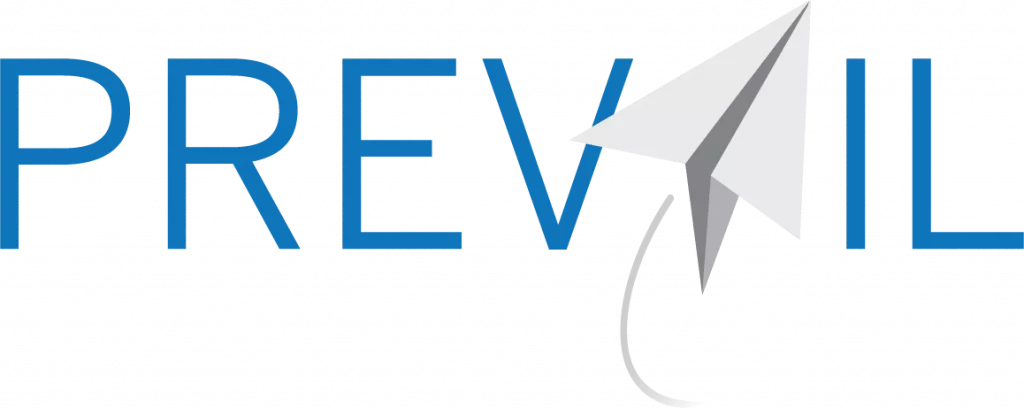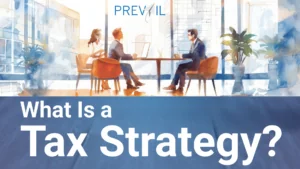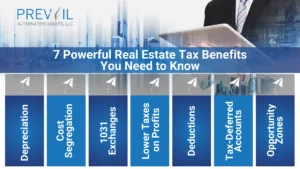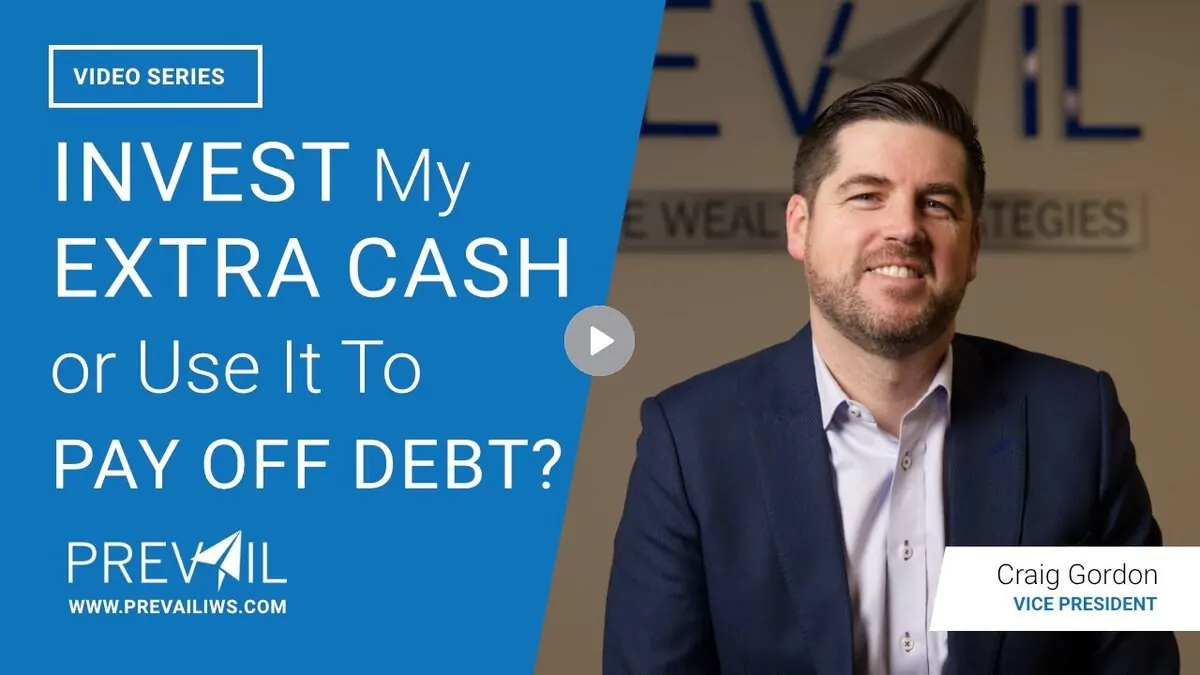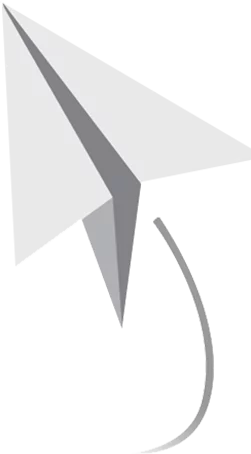The age-old dilemma of whether to invest extra cash or pay down debt has confused countless individuals seeking to secure their financial future. The answer to this common question is not a straightforward one—it heavily relies on individual circumstances and the nature of the debt. Not all debts are created equal, and various factors such as debt cost, time frame, savings goals, and investment opportunities should be considered in a well-informed decision. In this blog, we will explore how you, the investor, can make beneficial investment choices while managing your debt responsibly.
Distinguish Between Good Debt and Bad Debt
Understanding the difference between good debt and bad debt is essential. Good debt, such as mortgages and student loans, can be considered an investment in your future. These debts often come with lower interest rates and have the potential to contribute to your long-term financial growth. On the other hand, bad debt, like high-interest credit card debt, can quickly accumulate and hinder your financial progress. Prioritizing the repayment of bad debt is crucial for building a strong financial foundation.
Evaluate Debt Cost and Investment Returns
When deciding between investing and paying down debt, it’s essential to compare the cost of your debt with potential investment returns. If your debt carries a low-interest rate, such as 3%, and you believe you can earn a higher return, say 6% or more, it might make financial sense to allocate your extra cash toward investment opportunities.
Avoid High-Cost Debt
In such cases, focusing on paying down the debt should be a priority. High-cost debt, such as credit card debt with interest rates of 14%, 17%, or even over 20%, can quickly become a financial burden. Tackling this debt first allows you to liberate yourself from high-interest obligations and take control of your financial well-being.
Build an Emergency Fund
Regardless of your investment choices, one fundamental aspect of financial planning is establishing an emergency fund. Unforeseen expenses, such as home repairs, medical emergencies, or unexpected job loss, can arise at any time. Without a financial safety net, individuals may resort to accumulating more debt to cover these expenses. The debt accumulated during emergencies often carries high-interest rates, amplifying the financial strain. By creating an emergency fund, you can avoid falling into the trap of costly debt and gain peace of mind during challenging times.
Avoid Lifestyle Inflation
Society’s pressure to maintain a certain lifestyle can lead to unnecessary expenses and a cycle of accumulating bad debt. The desire to own a lavish home, drive expensive cars, and indulge in luxury experiences can put strain on your finances. To avoid lifestyle inflation, focus on budgeting, identifying needs versus wants, and making prudent financial decisions. Remember that small purchases can add up over time, impacting your financial health.
Conclusion – Empowering Your Financial Future
In conclusion, the decision to invest extra cash or pay down debt is not a simple one, and it requires thoughtful consideration of various factors. By evaluating debt cost, and different types of debt, you can make informed financial decisions that align with your goals. Additionally, building an emergency fund and distinguishing between needs and wants are crucial steps toward achieving financial stability and long-term growth.
At Prevail, we are committed to helping you navigate the complexities of personal finance and investments. Our team of financial experts are here to provide personalized guidance tailored to your circumstances. Whether you’re looking to invest wisely, manage debt responsibly, or create a comprehensive financial plan, we’ve got you covered. Contact our team at riseabove@prevailiws.com or call 913-295-9500 today to schedule a consultation and explore the best strategies for your financial success.
